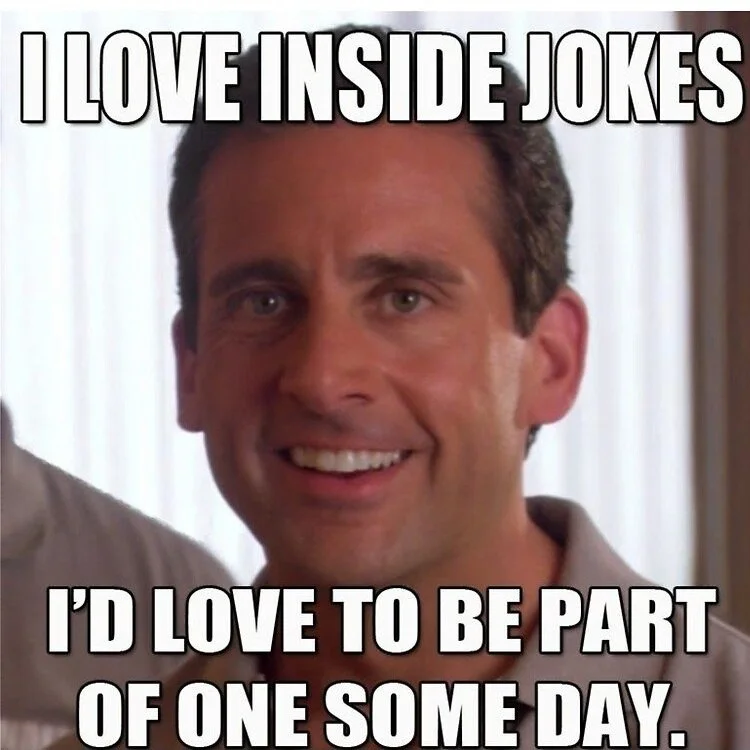Sparking your inner missional flame with weekly inspiration, equipping, and sending exhortations.
INSPIRED BY
Should I be an artist...or...a missionary? (Lilias Trotter and a dilemma of the century)
Lilias Trotter faced a fork-in-the-road ultimatum: do I become an artist or a missionary? In his incredible book, Rembrandt is in the Wind, Russ Ramsey explores Trotter’s encounter with this challenge. Ramsey says,
Ruskin’s [Trotter’s art mentor] pursuit of Lilias was not just about her art, but of her singularity of focus. The potential he recognized in her could only come to fruition if she devoted herself wholly to her craft. But he felt Lilias’s ministry was competing with her art, and in truth it was. He told Lilias if she would devote herself to art, “she would be the greatest living painter in Europe and do things that would be immortal.” He wanted her to choose between her ministry and her art—forcing her to face the crisis of her life: What role would her art play? (199)
Ramsey quotes her diary where she grappled with this in saying, “I see clear as daylight now, that I cannot dedicate myself to painting in the way that he means and continue to seek first the kingdom of God and his righteousness.”
Ramsey goes on,
Lilias made up her mind—she would give herself to serving the poor, and in whatever role her art played, she would use her creative instinct and imagination to create places where the downtrodden would find respect, support, and, if God allowed, Christ himself. (199)
Here is the incredible thing. That was in the late 1800s. This dilemma—do I become and artist or a missionary—has plagued the 20th (and now the 21st) century. And it is the fork in the road I have wrestled with throughout my adult life.
I write this to relieve you of the pressure of that dichotomy: do I choose arts or missions? Take heart. God’s kingdom is not made up of such compartments!
Throughout three blogposts, I explore a plethora of ideas I would give myself if I were age 18 again—a wonderful age of ignorance and un-marinated dreams of an arts career. I will focus on three categories: first (this post), I will consider the essence of being a unique artist in God's kingdom; second, I will dive into the arts that contribute to the expansion of God's kingdom; and third, I will examine the role of the arts in establishing God's kingdom.
This comes from the introduction to my free ebook, Off The Bench: 33 Ways to Engage God's Mission For Artists.
EQUIPPED BY
How to start and maintain a conversation
The sermon ended.
The marching orders to “love your neighbor” resounded upon your conscious. The next 24 hours, you mentally prepared for how you would jump into action with that co-worker, friend, family member, or neighbor. The next day, the moment finally arrives. Unfortunately, you step on that lego piece called “dialogue” not having a clue how to have small talk. The moment leaves. Not only did you miss that “service” opportunity, your lacking social skills left the other person feeling…uncomfortable.
On the pendulum between “Extroverted” and “Introverted,” I lean more towards the Introverted side.
Introversion can also be a symptom of another characteristic many artists feel. Borrowing imagery from Beowulf, Makoto Fujimura calls the artist’s role Mearcstapas, or, those who find themselves on the borders of communities.
When artists venture from their borders into the center of groups, that’s where it gets spicy. Manifested in social gatherings, we find all insecurities peek their heads: Awkwardnesses, social quirks, embarrassing remarks, missing of social cues, ill-timed humor, and outside of the inside jokes.
In light of this, any simple, memorable, and practical tips for serving others with our words and actions help.
Probably about 5 months ago, I found myself listening to a story by Jake Parker on the 3-Point Perspective Podcast. He shared a formula his dad gave him which he used to interact with others at artist’s conventions.

Whether meeting someone for the first time or making small talk with someone you know, try following this simple acronym: F.O.R.M.
- F - Family: tell me about your family.
- O - Occupation: what do they do for work?
- R - Recreation: what do you enjoy doing for fun, relaxation?
- M - Motivation: what drives you as a person?
In the last 5 months, I have found myself relying on this framework multiple times in my conversations. I’ve tried to keep it natural, not making sure I follow it as a strict set of rules. Keeping the questions open-ended (meaning, no “yes/no” questions) keeps the conversation moving at the pace of the curiosity between both parties.
SENT WITH
Eugene Peterson on Bezalel as an artist:
"At [Exodus] 35, Moses steps aside and hands things over to Bezalel. Bezalel provides the people with the material means for worshiping through the wilderness and living in the promised land, assimilating what had been given at the Red Sea and Sinai."

